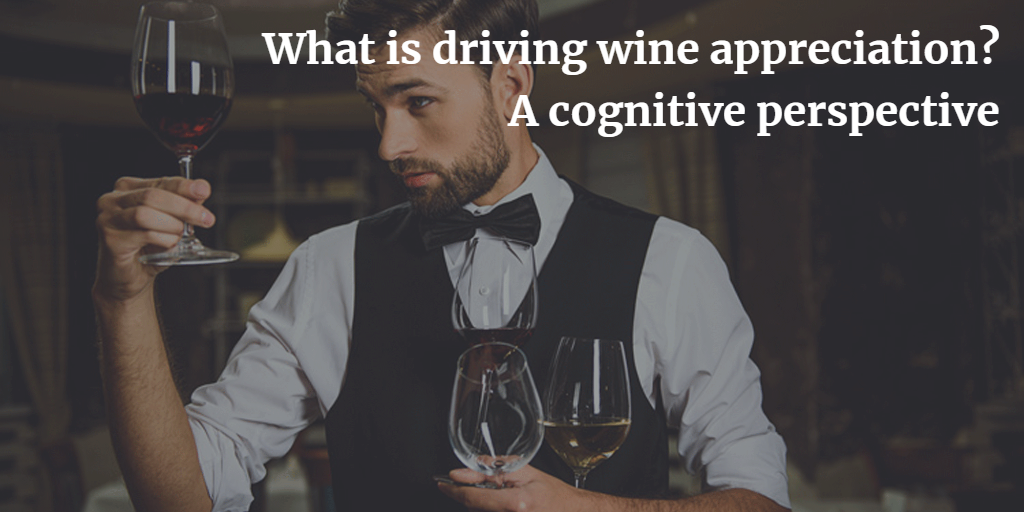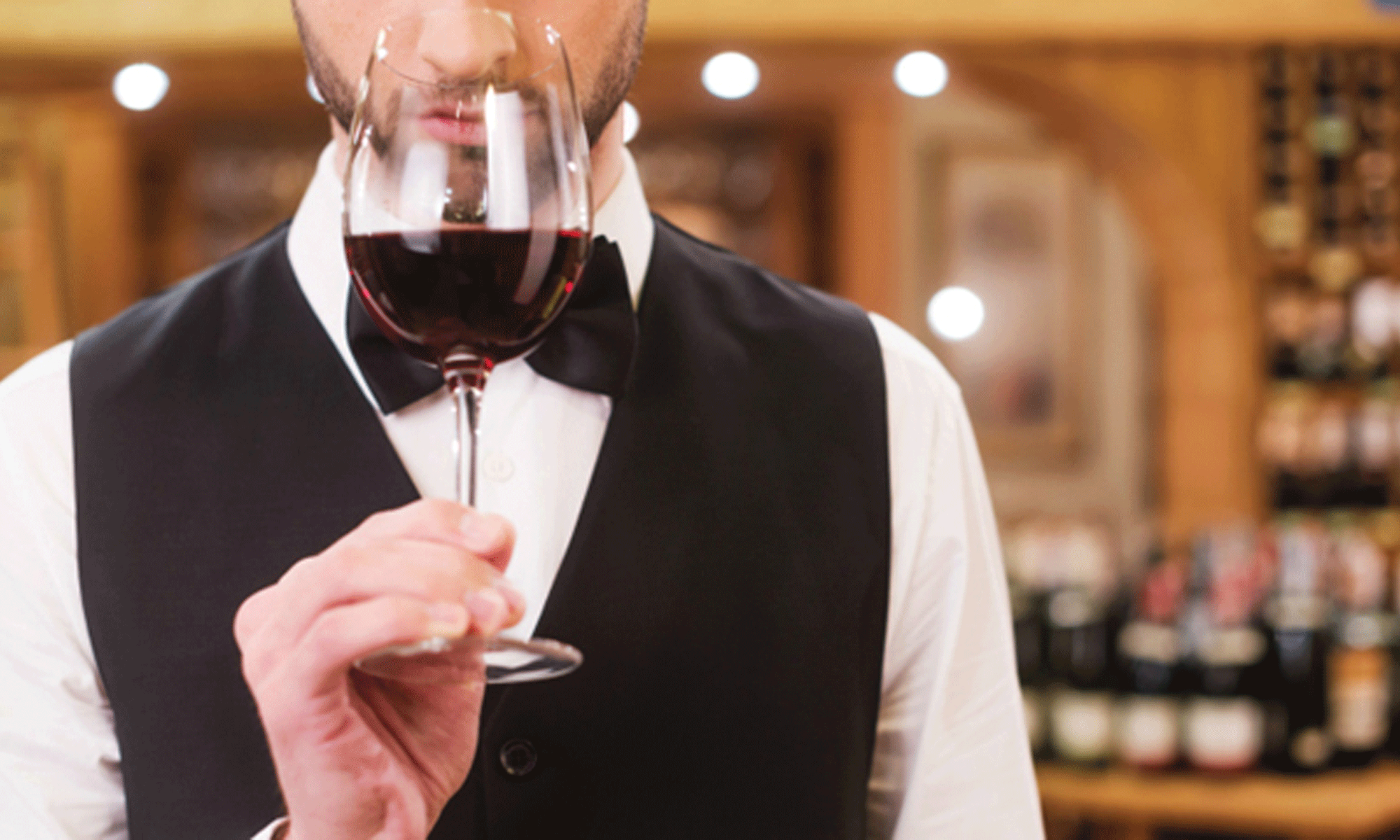
What is driving wine appreciation? It has become clear in recent years that cognitive processes play a major role in wine perception and preferences: experiencing wine is not just a physical experience but also a cognitive and an emotional one.
Although the ‘intrinsic’ quality of a wine (i.e. how the wine tastes) is an important driver of wine appreciation, extrinsic information such as price, name, or origin of the wine might modify the way the wine is perceived. For example, Wansink showed that knowing the origin of a wine influenced not only the wine rating but also the amount of food consumed.
Likewise, Siegrist showed that ratings from wine critics influence consumers’ actual sensory experience of the wine and Danner found that elaborate wine descriptions positively influenced people’s emotions, expectations and willingness to drink.
More people are discussing some of the cognitive mechanisms involved in those effects and researching on the contributions of cognitive science to the understanding of the key drivers of wine appreciation.
In the end, there is a sentence that many of us sommeliers should recall: “… of the wine I love to tell you everything that there is before the glass, because from the glass onward everyone plays as they want …“
Source: Dominique Valentin (CSGA, Agrosup Dijon, France)

